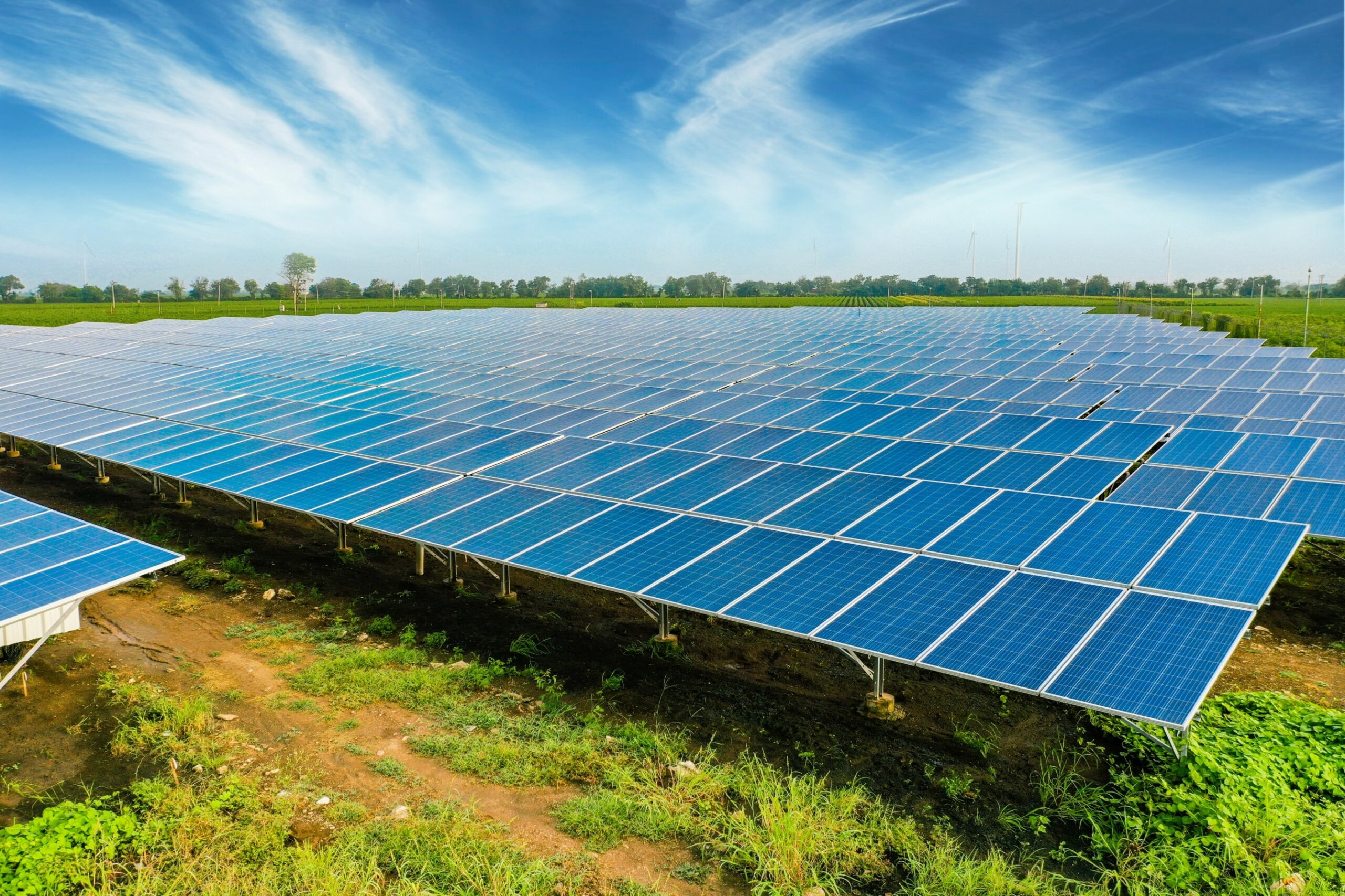Optimize Energy Financial Savings With High-Quality Solar Panels
Maximizing power cost savings with the use of high-grade solar panels is a diverse approach that needs careful factor to consider of modern technology, setup, and maintenance. Picking high-efficiency choices, such as monocrystalline panels, can dramatically boost electricity generation, while durability and warranty terms play an important role in lasting financial practicality.
Advantages of Solar Energy
The benefits of solar energy are numerous and substantial, making it a significantly attractive alternative for both household and business applications. Among the primary benefits is its prospective to lower electricity bills. By taking advantage of sunlight, homeowner can generate their own power, reducing dependence on typical energy sources and ultimately leading to significant financial savings.
An additional important benefit is environmental sustainability. Solar power is a clean, eco-friendly resource that aids to minimize greenhouse gas exhausts, contributing to a reduction in air pollution and environment modification. This lines up with global initiatives to transition in the direction of even more sustainable energy options.
Additionally, solar power systems can boost residential or commercial property value. Houses and companies equipped with solar panels usually have greater resale worths, appealing to environmentally-conscious purchasers and investors. Government incentives, such as tax obligation credit scores and discounts, can offset installation expenses, making solar power even a lot more monetarily feasible.
Last but not least, solar innovation advertises power freedom. By purchasing solar power, individuals and organizations can lower their susceptability to fluctuating power prices and supply disruptions, promoting higher control over their energy sources. Collectively, these advantages highlight the engaging reasons to think about solar power options.
Choosing the Right Solar Panels
Picking the appropriate solar panels is an important action in maximizing the performance and benefits of a solar power system. When evaluating photovoltaic panels, a number of elements should be considered to make certain optimum efficiency and lasting cost savings.
First, assess the panel's efficiency ranking, which indicates just how successfully it converts sunlight right into electrical energy. Higher efficiency panels may have a higher upfront cost yet can produce more power in minimal area. Next off, analyze the service warranty provided by the producer; a longer service warranty normally shows a greater degree of self-confidence in the product's longevity and efficiency.
In addition, consider the kind of photovoltaic panel technology. Monocrystalline panels are understood for their high effectiveness and space-saving layout, while polycrystalline panels have a tendency to be extra economical but a little much less effective. Bifacial panels, which capture sunshine from both sides, are likewise gaining appeal for their possible to boost energy output.
Finally, carry out a comprehensive review of independent performance ratings and customer evaluations to assess integrity and complete satisfaction. By carefully thinking about these factors, property owners can make enlightened options that align with their energy requirements and monetary goals, ultimately enhancing the return on financial investment for their solar power systems.
Comprehending Installment Prices
Recognizing the prices connected with mounting photovoltaic panels is crucial for home owners aiming to purchase renewable resource. The overall installment price can vary significantly based upon several factors, including system dimension, panel kind, setup intricacy, and geographical place.
Typically, the cost is determined on a per-watt basis, with average costs ranging from $2.50 to $3.50 per watt before any type of motivations. A common household system may cost between $15,000 and $25,000, depending on power requirements and the picked parts.
In enhancement to the panels themselves, home owners should consider expenses connected to inverters, installing hardware, and electric upgrades. Labor prices likewise play an essential duty, as expert installation ensures compliance with safety standards and regional policies.

Inevitably, understanding these installation expenses and possible financial advantages is necessary for home owners to make informed decisions regarding transitioning to solar power.

Maintenance for Long-Term Savings
Preserving home solar panels is vital for making the most of long-lasting power savings and ensuring the system runs at peak efficiency. Routine maintenance involves numerous key techniques that can dramatically enhance the durability and efficiency of solar installations.
First, routine examinations ought to be conducted to determine any physical damages or wear, such as splits or loose links. Cleaning the panels is likewise crucial, as dirt, dirt, and particles can obstruct sunlight, reducing power output (Solar Panels). It is recommended to clean up the panels at least twice you could look here a year, or much more regularly in areas with high degrees of dust or pollution
Additionally, monitoring the system's performance with a monitoring software can give real-time data on power manufacturing and sharp house owners to any anomalies. This proactive method permits timely repairs, minimizing downtime and maintaining optimal power generation.
Ecological Influence of Solar Power
The environmental impact of solar power expands much past its instant benefits of lowering power bills and reliance on nonrenewable fuel sources. By using sunshine, solar energy substantially reduces greenhouse gas discharges, thus reducing environment modification. Unlike conventional power resources such as coal or all-natural gas, solar energy generation does not generate air pollutants, contributing to boosted air quality and public health and wellness.
Moreover, solar power promotes biodiversity by lowering the need for fossil fuel removal, which typically interferes with environments and environments. By transitioning to sustainable power resources, we can protect all-natural landscapes and safeguard endangered varieties from environment loss.
The life process of photovoltaic panels also provides a reduced ecological footprint compared to typical power resources Discover More - Solar Panels. While making photovoltaic panels includes some source usage and emissions, advancements in innovation and recycling procedures are continually lowering these influences. In addition, the long-lasting benefits of solar power-- such as decreased reliance on limited resources-- much surpass these first expenses
Verdict
In recap, the fostering of top notch solar panels offers significant possibilities for power cost savings and environmental benefits. The critical placement of solar panel selections with power requirements and government incentives boosts return on investment, advertising sustainability and reducing reliance on standard energy resources.